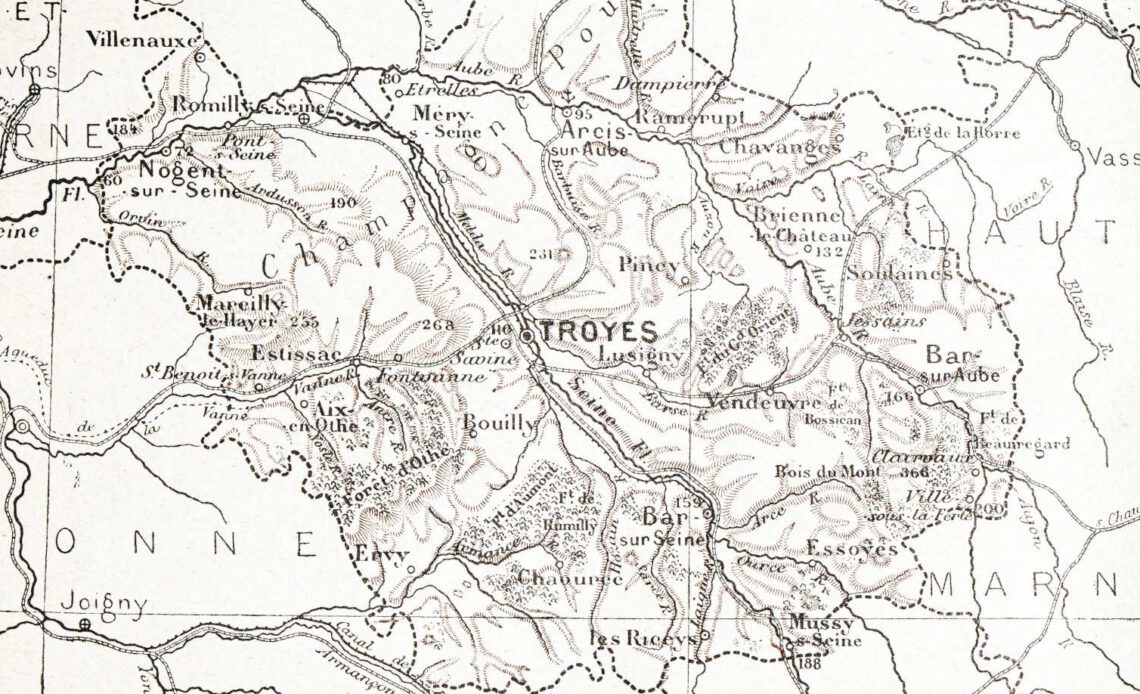The inclusion of a gravel stage in the 2024 Tour de France has faced criticism from multiple quarters, with disapproval coming from both team managers and riders. Thierry Gouvenou, the course designer at ASO, sheds light on the unconventional selection in an interview with L’Équipe.
“We have made a promise never to plan two sprint stages in a row again. So we had to come up with a clever way to cross the Alps. It’s a bit like the cobbled stage in 2010. Then it was also 20 years ago since we put cobblestones in the course,” the French former pro said.
Gouvenou expects that the gravel sections will bear considerable importance. “If a team decides to go all out, it will be tied up. And that ribbon will eventually break. I hope it will be a stage for guys like Tadej Pogacar and Remco Evenepoel. I hope they will create chaos,” he said.
Nonetheless, Evenepoel himself was less enthusiastic about the gravel stage. “There are already separate events and championships for clay. Do such gravel sections absolutely have to be fitted into a Grand Tour or into other, normal races? I don’t think it’s really necessary,” the world champion told Het Laatste Nieuws.
Same goes for his boss,Patrick Lefevere. “That’s like asking me what I think about cobblestones in the Tour de France…I’m really not a fan of it,” the Soudal-QuickStep boss said to WielerFlits. “In the beginning, I wasn’t a fan of Strade Bianche either. Only an idiot never changes his mind, but I don’t think that every stage race of significance should now include gravel sections in the course. You can’t win the Tour in those kinds of stages, but you can lose it.”
Jumbo-Visma’s Richard Plugge echoed this sentiment.
“It is a beautiful course, but with a small blemish,” Plugge said in an interview In de Leiderstrui. “And that is 32 km of gravel. I am not in favour of that, because the luck factor is greatly involved. Why do you have to go looking for gravel again?”
As well as the controversial gravel stage, the 2024 Tour de France comprises a total of four mountain summit finishes, two time trials, and eight flat stages suitable for sprinters or breakaways. It begins in Florence, Italy on Saturday, June 29, the race spans three weeks and concludes in Nice on Sunday, July 21, culminating with a tough time trial. Due to the Paris Olympics, the traditional Champs-Élysées stage will not be a part of the race.
Click Here to Read the Full Original Article at Canadian Cycling Magazine…

